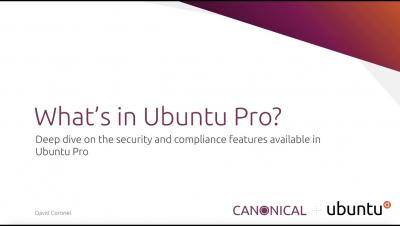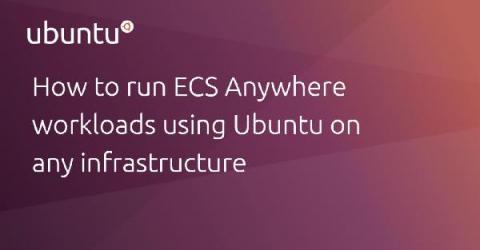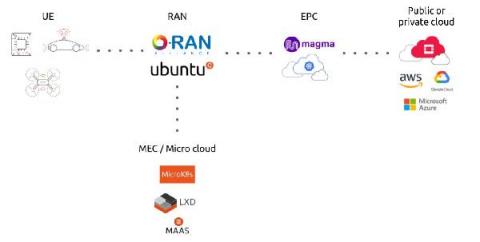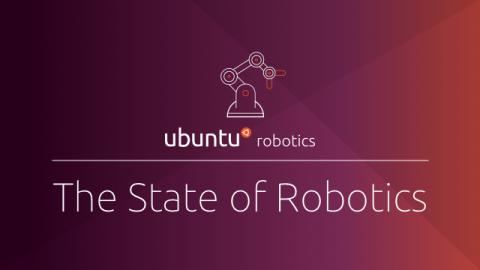Operations | Monitoring | ITSM | DevOps | Cloud
Canonical
Mark Shuttleworth Keynote at DockerCon 2021: Less toil, more focus
How to run ECS Anywhere workloads using Ubuntu on any infrastructure
ECS Anywhere allows you to use Amazon Web Services’ container service outside of the AWS cloud, and Canonical is proud to be a launch partner for this service. Using Ubuntu as the base OS for your ECS clusters on-prem or elsewhere will allow you to benefit from Ubuntu’s world-leading hardware support, professional services, and vast ecosystem, in turn allowing your ECS clusters to run with optimal performance everywhere you need it.
Data Lake, Data Lab, Data Hub: what's the difference?
In this post we’ll explore the concepts of data lake, data hub and data lab. There are many opinions and interpretations of these concepts, and they are broadly comparable. In fact, many might say they’re synonymous and we’re just splitting hairs. But let’s look again carefully. We can discern some subtle trends in the way people are doing things, and find distinctions in these expressions.
What's new in security for Ubuntu 21.04?
Ubuntu 21.04 is the latest release of Ubuntu and comes at the mid-point between the most recent Long Term Supported (LTS) release of Ubuntu 20.04 LTS and the forthcoming 22.04 LTS release due in April 2022. This provides a good opportunity to take stock of some of the latest security features delivered in this release, on the road to 22.04 LTS. Ubuntu 21.04 brings with it a vast amount of improvements and features across a wide variety of packages.
Introduction to open source private LTE and 5G networks
It’s so easy these days to set-up your own WiFi network. You order a router online, plug it into the electrical socket, define a password and you’re good to go. WiFi is fast, reliable and easy to use. But if you want to cover a wider area or connect hundreds of small devices it quickly becomes inefficient and expensive. Is the only way to go to your local mobile network operator and sign a contract? No! Thanks to open source technology, you can build your own LTE or 5G network.
The State of Robotics - April 2021
Together we have reached the end. Two partners, two allies, two distributions that supported millions of innovators have reached their end-of-life (EOL). April will be remembered as the month where ROS Kinetic and Ubuntu Xenial reached EOL. ROS Kinetic is one of the most used, widely deployed and extensively contributed ROS distributions (1st with 1233 repos in ros/rosdistro). Released in 2016, it supported newer related components, notably Gazebo 7 and OpenCV 3, and this month has reached its end.











